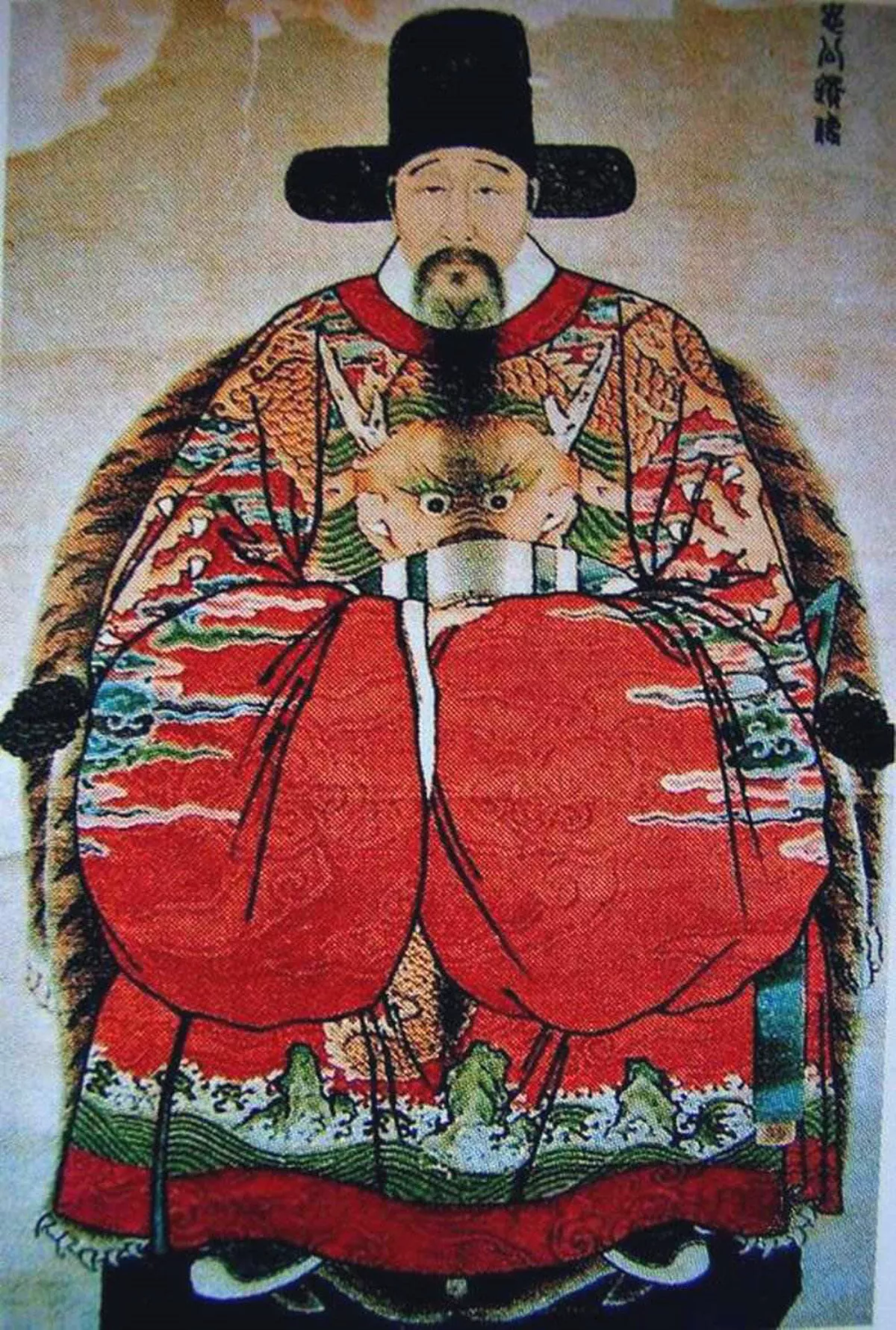 1.
1. Zhang Juzheng, courtesy name Shuda, art name Taiyue, known as Zhang Jiangling, was a prominent grand secretary during the reigns of Ming emperors Longqing and Wanli.

 1.
1. Zhang Juzheng, courtesy name Shuda, art name Taiyue, known as Zhang Jiangling, was a prominent grand secretary during the reigns of Ming emperors Longqing and Wanli.
Zhang Juzheng played a key role in centralizing the administration, limiting various privileges, and revising land tax exemptions.
Zhang Juzheng studied Confucianism and successfully passed the provincial examination in 1540, but he failed the metropolitan examination in 1544.
In 1572, shortly after the Longqing Emperorg's death and the accession of his son, the Wanli Emperor, to the throne, the eunuch Feng Bao, head of the Directorate of Ceremonial, worked with Zhang Juzheng to depose the then Senior Grand Secretary, Gao Gong.
Zhang Juzheng held onto his position of power for a decade, until his death in 1582.
Zhang Juzheng sought to consolidate the power of the central government and elevate the role of the emperor by streamlining the administration and bolstering the military, often at the expense of local interests.
Zhang Juzheng wielded his influence in the Censorate to enforce stricter discipline within the bureaucracy, redirecting their focus from internal conflicts to tasks such as tax collection and suppression of bandits.
In contrast to the focus on internal self-improvement advocated by the followers of Wang Yangming's teachings, Zhang Juzheng presented an alternative program based on pragmatic pursuit of the state's interests.
Zhang Juzheng believed that actions aimed at the good of the state and its people were the correct course of action.
Zhang Juzheng presented his reforms as a return to the state at the beginning of the dynasty, positioning himself advantageously by citing the laws and decrees of the first Hongwu Emperor as an unassailable source of law.
In general, Zhang Juzheng advocated for the idea that more recent emperors and governments, particularly the Hongwu Emperor, should be seen as political models rather than the wise rulers of antiquity.
Zhang Juzheng even brought up this topic at the metropolitan examinations of 1571, where he served as the chief examiner.
Zhang Juzheng justified his actions against intellectuals who were preoccupied with debates about morality and introspection by claiming that he was defending the interests of the empire rather than seeking personal gain.
Zhang Juzheng viewed these individuals not as moral role models, but as irresponsible slackers, and thus attempted to suppress government-uncontrolled discussion gatherings of opposition-minded educated people.
However, open criticism of Zhang Juzheng was rare until his father's death in 1577.
Zhang Juzheng requested to be relieved of his duties, but the fourteen-year-old emperor decided that he could not do without him and canceled his mourning.
The official reason given for Zhang Juzheng's indispensability was the emperor's upcoming wedding.
Zhang Juzheng's approach was to streamline existing processes and return to the order of the early empire.
Zhang Juzheng's cadastre served as the foundation for later Ming and Qing cadastres and was only surpassed in completeness and detail by modern cadastres.
Zhang Juzheng aimed to increase the welfare of the people by expanding the currency supply.
Additionally, Zhang Juzheng attempted to gain control of the currency from money changers by producing his own coins.
The monetary policy of the Zhang Juzheng government was disjointed, with officials in each province making decisions based on their own judgment.
In 1579, Zhang Juzheng acknowledged the failure of the attempt to introduce coins.
Zhang Juzheng's opponents argued that the state should not interfere in market and currency affairs, and should not impose a currency that the people did not want.
Zhang Juzheng strategically placed capable military leaders, such as Qi Jiguang, Wang Chonggu, Tan Lun, Liang Menglong, and Li Chengliang, in positions of responsibility.
The emperor, whom Zhang Juzheng led to a modest life, was deeply affected by his life of luxury.